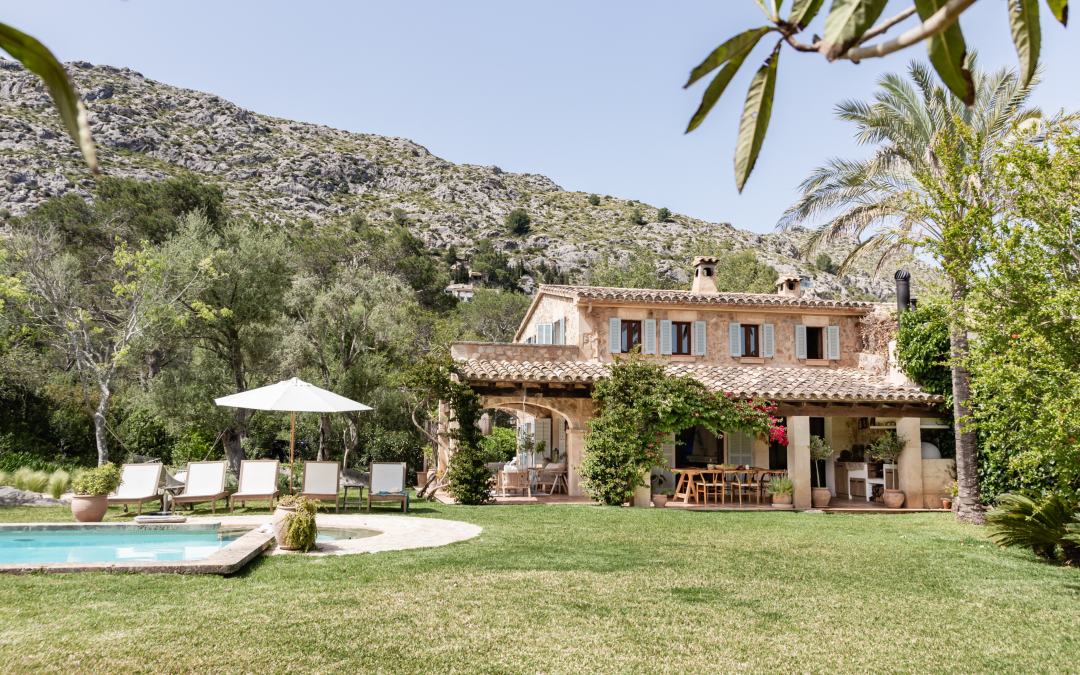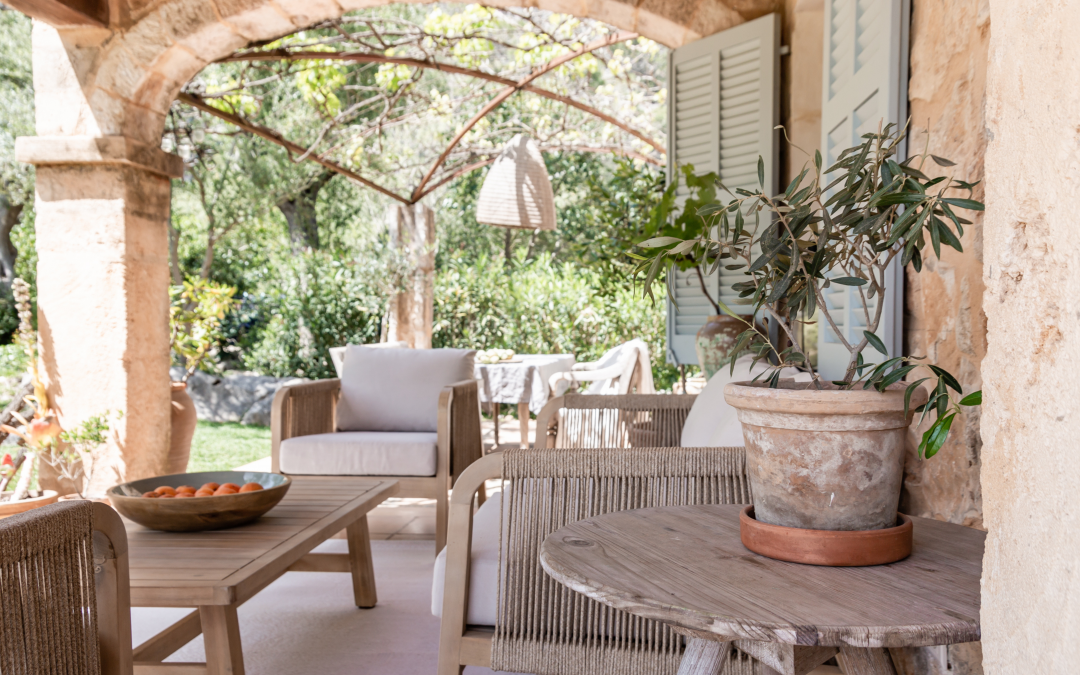Hire an independent lawyer (Abogado)
Hire an Independent Lawyer/Solicitor
Mark Stücklin
This is the single most important advice you can be given. If you only happen to follow this first tip the rest of the points mentioned in this article become redundant.
Hiring a lawyer/solicitor is by no means mandatory on conveyance procedures. But I cannot stress enough the importance of retaining a Spanish lawyer/solicitor, if you are a foreigner, to act on your behalf in a conveyance procedure, both on buying and selling property.
It is often that I hear that those with vested interests in their being no lawyers/solicitors involved – I wonder why – are often the most outspoken on advocating that retaining a lawyer/solicitor is an unnecessary expense and always put as an example that Spaniards don’t hire them on buying property.
Whilst it may be true that Spaniards, in most cases, do not retain a lawyer/solicitor to act on their behalf in a conveyance this can be explained for a number of reasons. Almost every Spaniard has a relative or a friend who happens to be a lawyer/solicitor and advises them free of charge. Besides they are fluent in their own language (!) and have ready access to a myriad of legal articles, which are regularly published in the press. Despite this Spaniards still end up having all sorts of problems on buying or selling a property because they did not want to incur in additional expenses hiring a lawyer. Quite often their blunder far exceeds what a lawyer/solicitor would have charged for his service (typically 1% of the property’s value plus VAT).
To identify oneself as an ‘abogado/lawyer’ one must be both qualified and registered in Spain:
- Qualified: having passed and attained a Spanish Law degree or else by having homologated it.
- Registered: being admitted to practice law at one of Spain’s regional Bar Association.
The second point is already inclusive of the first one, as in applying to practice Law before a Bar association one must submit both his Law degree and his full academic record. Additionally, someone with a criminal record may not join the Law Society. One should exercise extreme caution on those claiming to be an ‘abogado’ and yet are unregistered to practice. Ask yourself why? Quite a few of the notorious mishaps featured in the press relate to non-qualified intruders dealing in conveyance matters.
Someone who is not registered in a Bar association cannot entertain to address themselves as a ‘lawyer’ nor legally perform the duties and roles of one. Registered lawyers need to abide by the Code of Ethics of the regional Law Society to which they belong. In serious cases, a lawyer can be struck off the Bar and barred to practice law.
Only registered lawyers have Professional Indemnity Insurance, which may protect you in the event of malpractice or negligence. You can claim against said insurance in such a case. All registered lawyers are assigned a practising number by their Law Society i.e. number 6072 of Malaga’s Law Society. You can easily check if your lawyer is registered to practice law on this Registered Lawyer’s Database.
Bottom line; make sure your lawyer is registered to practice, for your own sake. Be wary of cold-calling from legal advisors, senior legal advisors, legal executives, legal assistants, and paralegals and in general anyone who does not clearly identify himself/herself as a lawyer/abogado (and is therefore registered). Unlike other countries such as the United Kingdom these fancy titles don’t mean anything in Spain – we have no paralegals. Or you are either a registered Spanish lawyer or you are not – period. It’s that simple. Someone who is not a trained registered lawyer is not qualified to give legal advice in any shape or form, cannot entertain to address himself/herself as a ‘lawyer’, cannot solicit clients for legal services – even if outsourced – nor practice law in Spain.
If the property you wish to buy is of high value you may want to seek advice beforehand so as to mitigate tax exposure, namely to Spanish Inheritance Tax. Often the best tax planning results are achieved prior to acquiring a property as they may require the incorporation of a string of holding companies to lock up the asset.
You need a lawyer you can trust on hand to check the very first contract you are expected to sign, which means hiring a lawyer before you have found the property you want to buy, and ideally before you even contact estate agents or developers. The reason why you should not sign or pay anything without first checking with your lawyer is explained in a subsequent chapter on the conveyancing process.
At this stage, before you have found a property to buy, you do not need to hire a lawyer and make any payments, as there is always a chance that your property search will come to nothing. All you need to do is find a good lawyer who you can use the moment you find a property that you would like to buy. You should also find out how much the lawyer charges and what services are included in the fee. Many lawyers charge around 1% plus VAT of the value of the property you buy, whilst others charge by the hour or a flat fee, for example, 5,000 Euros plus VAT, irrespective of the value of the property you buy. As will become clear from the chapter on buying it is important to find out what services are included in the price.
Some lawyers include a post-purchase service such as paying the transaction taxes and inscribing your title in the property register whilst others charge extra for this. If these services are not included in the fee then you should consider using a gestor (administrative professional), as they are usually cheaper than qualified lawyers.
Other legal costs might include:
- Power of attorney. If you need a power of attorney the cost will depend entirely on where you arrange it. If done in Spain this needs to be witnessed by a notary and could cost anything from 50 to 200 Euros, depending upon whether you use a lawyer to help you.
- Making a will. It is a good idea to have a will drawn up in Spain if you are going to open property in Spain. This can be done by your lawyer and may cost around 250 Euros.
- Utility set-up costs. If you buy a new property you will have to set-up new utility contracts. Check with the lawyer that their fee includes this service.
- Gas
- Telephone
- Water
- Electricity
- Townhall Taxes
Morgan and Morgan have vast experience working with a number of reputable solicitors in Mallorca. For any guidance and recommendation please do not hesitate in contacting us.
This article is a part of The Comprehensive Guide to Buying In Mallorca that includes various articles like defining your Spanish property needs, drawing up a property brief and opening a Foreign Exchange Account.

Lionsgate Capital Part 3
What mortgaging conditions can you expect to obtain as a foreigner?In the final of our 3 part series, we asked Lionsgate Capital about financing conditions for your real estate investment in Spain as these can differ compared to your home country. The best financing...

Lionsgate Capital Part 2
All you need to know about financing in Spain for foreigners.The second of our 3 part series with Lionsgate Capital, the leading mortgage experts in the Balearics specialised in non-resident buyers, discusses the visa options available to you so that you can enjoy...
MORGAN AND MORGAN AND IT’S LUXURY HOMES HAVE BEEN FEATURED IN

